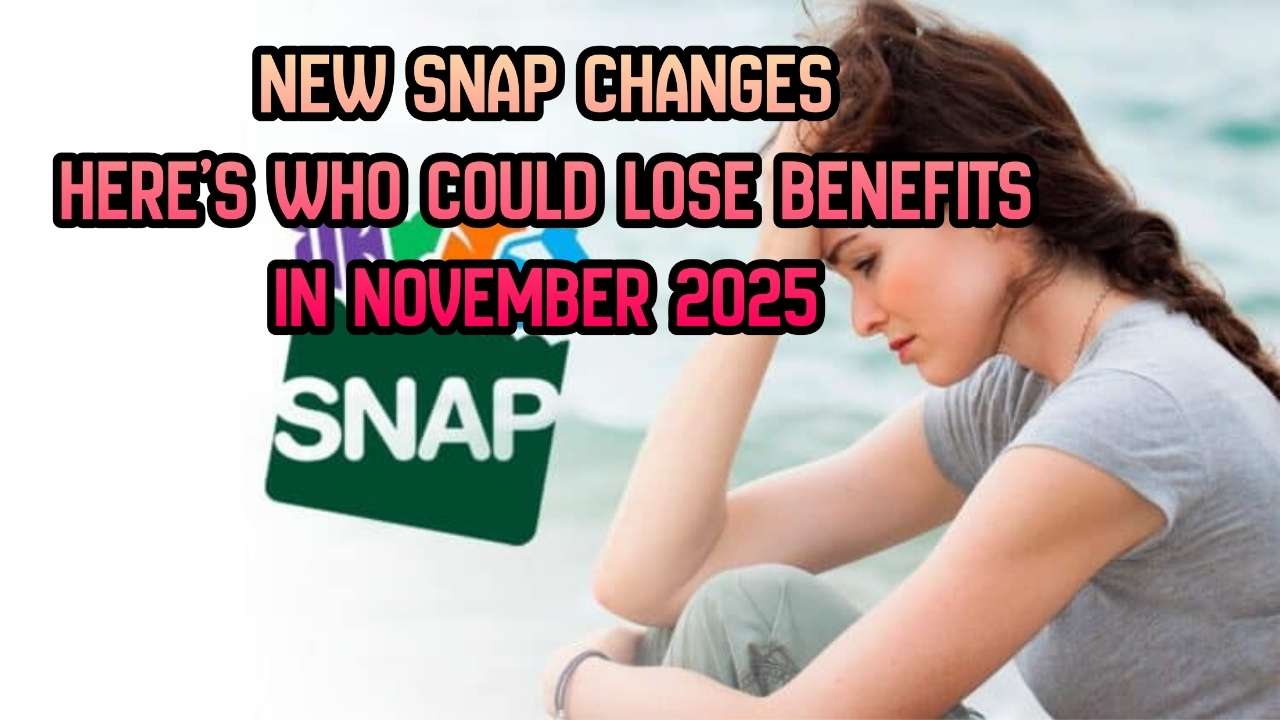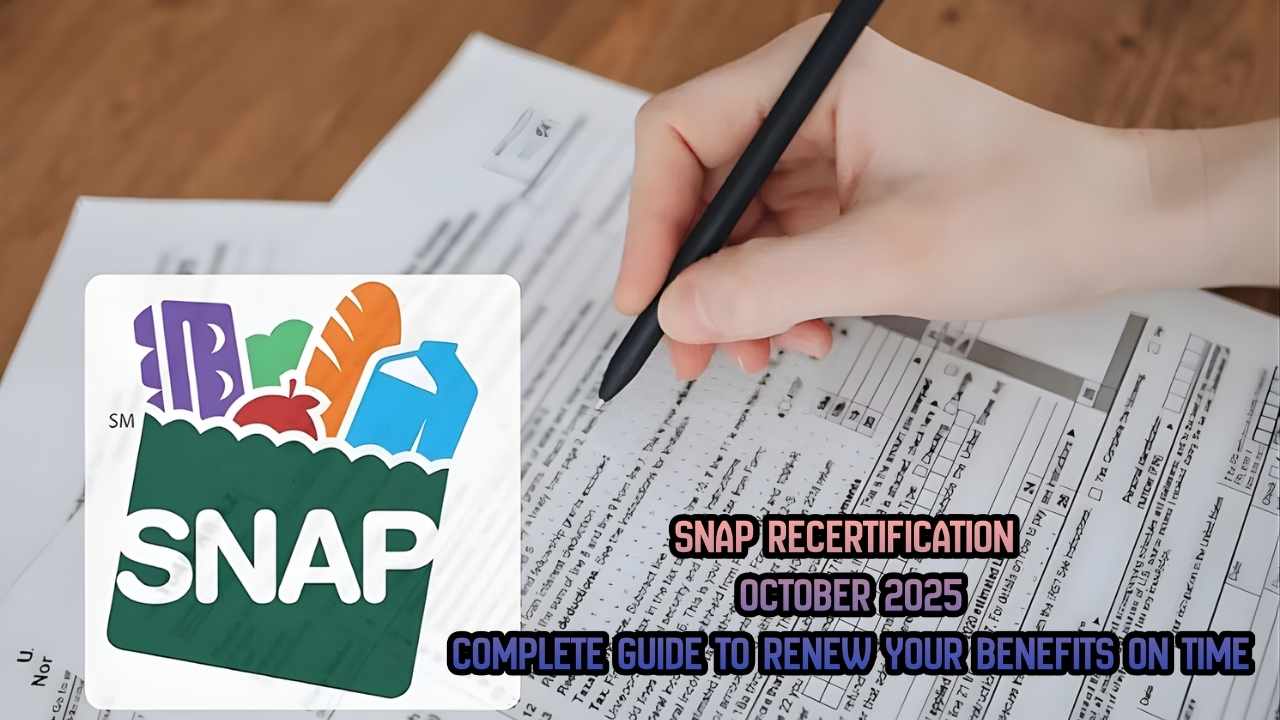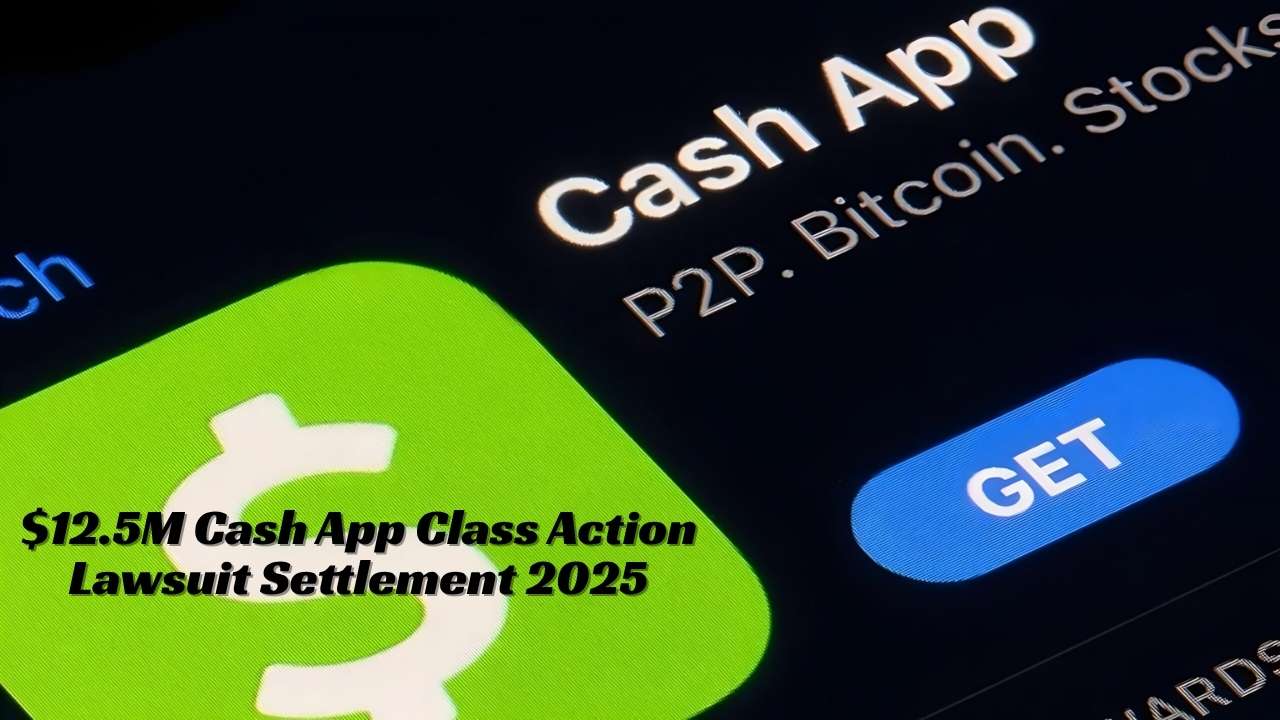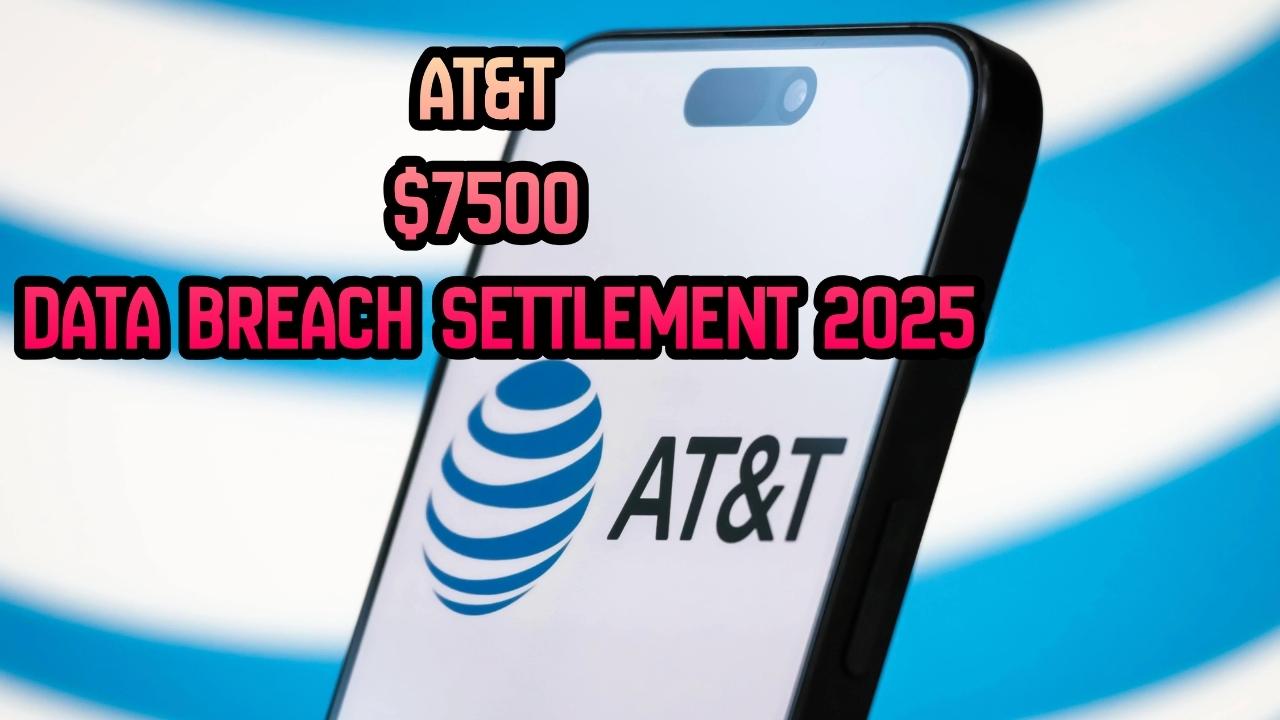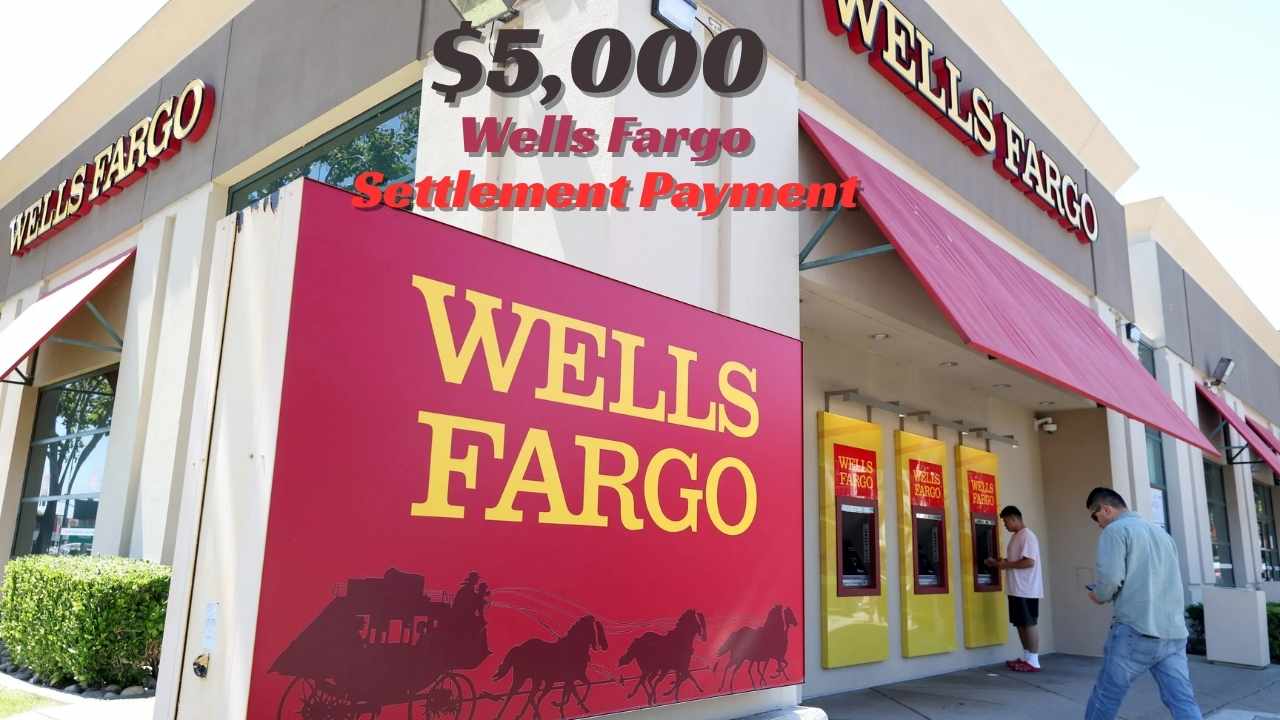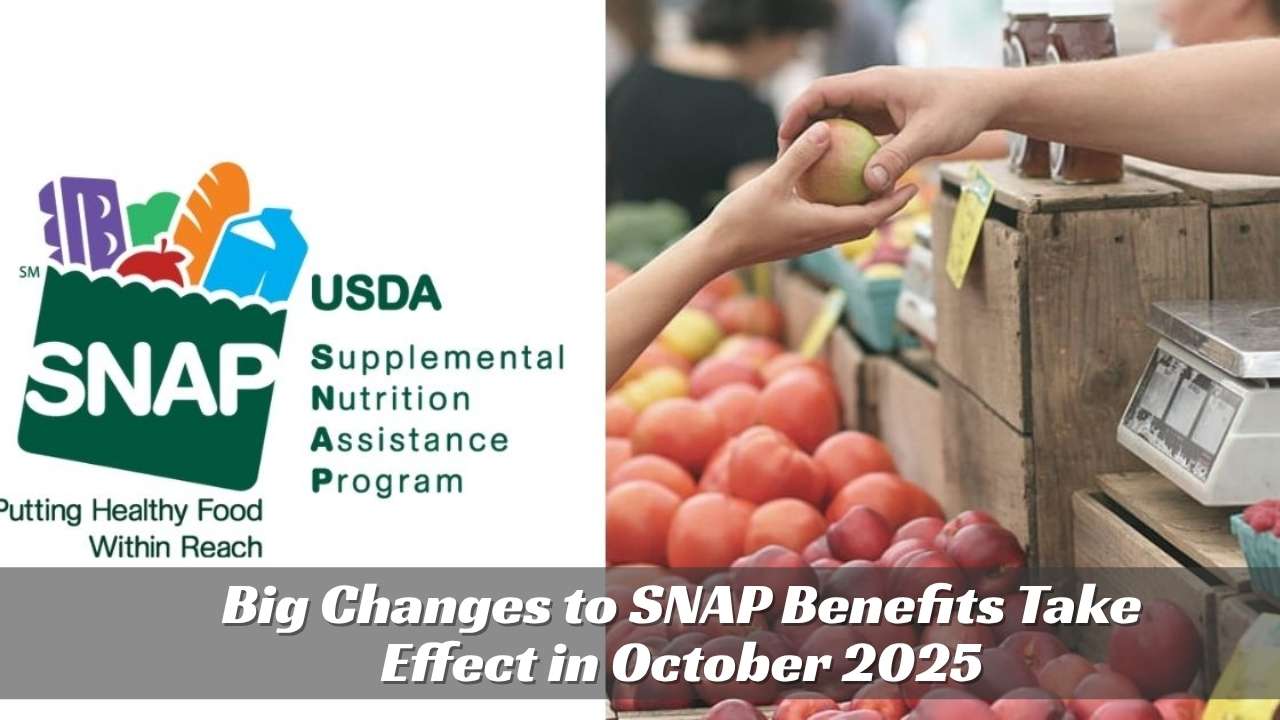Significant updates to SNAP benefits are set to take effect in November 2025, potentially impacting eligibility for some households. Millions of Americans rely on the Supplemental Nutrition Assistance Program (SNAP) to buy groceries, and these changes could influence who receives aid and how much.
The updates come as the One Big Beautiful Bill, passed over the summer, begins full implementation, introducing stricter requirements for work, household composition, and legal status. This article explains who could lose benefits, why adjustments are happening, and how recipients can stay informed and maintain eligibility.
SNAP Benefit Changes November 2025: New Law, New Rules, New Risks
The U.S. Department of Agriculture (USDA) routinely reviews SNAP to ensure benefits reflect current food prices, household income trends, and cost-of-living adjustments (COLA).
Effective 1 November 2025, SNAP will update eligibility thresholds, asset limits, and benefit calculations. Some households may see reduced benefits or even lose eligibility due to –
- Income exceeding updated 130% Federal Poverty Level (FPL) thresholds.
- Failure to meet work requirements for able-bodied adults without dependents (ABAWDs).
- Assets surpassing updated limits.
- Changes in household composition or living arrangements.
These updates are routine program adjustments, not one-time penalties, and aim to maintain fair access for eligible participants.
Quick View On SNAP Changes This November 2025
| Update On | New SNAP Changes This November |
| Effective Date | 1, November 2025 |
| Program Name | Supplemental Nutrition Assistance Program (SNAP) |
| Overseeing Agency | U.S. Department of Agriculture (USDA) – Food and Nutrition Service (FNS) |
| Primary Law Behind Change | One Big Beautiful Bill (2025) |
| Major Impact Areas | Work rules, eligibility limits, immigrant benefits, and cost-sharing for states |
| Work Requirement Update | ABAWDs (ages 18–64) must meet 80 hours/month of work, school, or training |
| Exemptions | Caregivers of child’s under 14, elderly, disabled, & Tribal/Native American members |
| Non-Citizen Eligibility | Tightened for certain immigrant categories (e.g., refugees, asylum seekers) |
| Cost-of-Living Adjustment (COLA) | Limited annual increase tied to inflation controls |
| State Responsibility | Gradual cost-sharing for administration; states with >6% error rates may pay 5–15% of benefits |
| Waiver Areas | Granted in regions with unemployment over 10% (including Alaska & Hawaii) |
| Estimated Federal Savings | $186 billion over 10 years |
| Households Potentially Affected | ABAWDs not meeting work requirements, non-citizen families, & households exceeding new limits |
| Where to Check Updates | https://www.fns.usda.gov/ and your state’s SNAP website. |
Overview of One Big Beautiful Bill
The One Big Beautiful Bill overhauls SNAP, impacting roughly 42 million participants nationwide. Federal spending on the program is projected to decrease by an estimated $186 billion over the next decade, which could result in some households losing eligibility or seeing reduced benefits.
Key Components of the Bill Include –
- Expanded work requirements for able-bodied adults without dependents (ABAWDs)
- Changes to immigrant eligibility
- Limits on cost-of-living adjustments
- Shifts in state administration costs
Full enforcement of certain provisions begins November 1, 2025, marking a critical date for recipients to ensure compliance.
Eligibility Changes & Potential Benefit Loss
Households may lose SNAP benefits in November 2025 if they do not meet the updated program criteria. Key factors include –
- Income Limits
- Gross income exceeding 130% of FPL (for example, ~$3,000 per month for a family of four).
- Work Requirements
- Able-bodied adults without dependents must meet work obligations to continue receiving aid.
- Asset Limits
- $2,000 for most households.
- $3,500 if a household includes an elderly or disabled member.
- Household Changes
- Adding or losing members, or moving to a new residence, may affect eligibility.
Caseworkers routinely review households and notify recipients of any changes. Households at risk of losing benefits are encouraged to contact their local SNAP office immediately.
Changes to Immigrant SNAP Eligibility
The legislation modifies non-citizen eligibility for SNAP –
- Refugees, asylum recipients, and survivors of human trafficking could lose benefits under the new law.
- The FNS is expected to release further guidance on implementation, so recipients in these categories should stay updated.
These adjustments are part of a broader effort to tighten eligibility rules for certain legally present non-citizens.
How to Apply, Update, or Maintain Your Benefits
If your household needs to update or reverify eligibility, follow these steps –
- Visit your state SNAP website to apply, update, or recertify.
- Submit proof of income, assets, and household composition.
- Attend a caseworker interview if required.
- Once approved, benefits continue to load on your EBT card monthly.
Households at risk of losing benefits should contact their local SNAP office immediately to confirm eligibility and avoid interruptions.
How to Avoid Losing SNAP Benefits?
Recipients can take proactive steps to maintain eligibility –
- Report changes in income or household composition promptly.
- Meet work requirements if applicable.
- Keep assets within program limits.
- Maintain supporting documents such as rent receipts, medical bills, and identification.
- Stay informed via official USDA and state SNAP websites.
Following these guidelines ensures households are not inadvertently removed from the program.
Key Takeaways For SNAP Recipients
1 November 2025, is the effective date for full implementation of the One Big Beautiful Bill provisions.
- Recipients should ensure they meet work requirements, especially ABAWDs.
- Document all income, employment, and household information to avoid losing benefits.
- Stay informed about immigrant eligibility changes and consult local offices for guidance.
- Monitor state SNAP portals for updates on administrative changes and potential cost-sharing measures.
The Associated Press reports that nearly 11% of SNAP payments contained errors last year, highlighting the importance of accurate reporting and compliance
Other Program Adjustments
Beyond work and immigrant rules, the law introduces additional changes that affect SNAP recipients –
- Limits on annual cost-of-living adjustments (COLA).
- Revised rules on how utility expenses factor into household need calculations.
- Elimination of the SNAP Nutrition Education and Obesity Prevention Grant Program, which supported access to healthy foods.
- States will assume a larger portion of administrative costs, shifting from 50% to 75% in 2027.
Starting in 2028, some states may also share part of the food benefit costs, depending on error rates in SNAP payments. States with more than 6% errors could be required to pay 5 – 15% of benefits, potentially resulting in reduced benefits for residents.
Work More or Lose SNAP? New Rules Hit in November 2025
The November SNAP changes reflect policy shifts under the One Big Beautiful Bill, affecting work rules, immigrant eligibility, and state administrative responsibilities. Some households could lose benefits if they fail to meet new requirements or live in states impacted by cost-sharing mandates.
Recipients are advised to check official USDA and state SNAP websites regularly and maintain complete documentation to safeguard their food assistance. The official USDA SNAP site is https://www.fns.usda.gov/.

